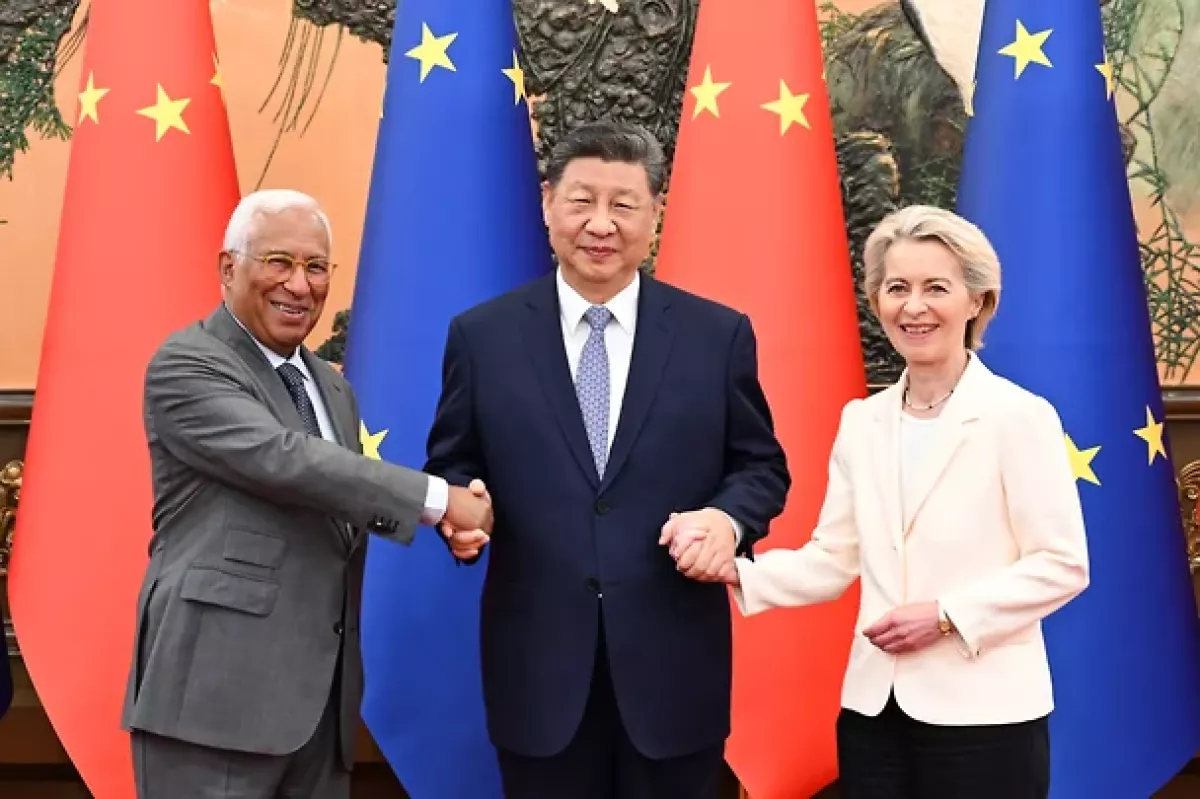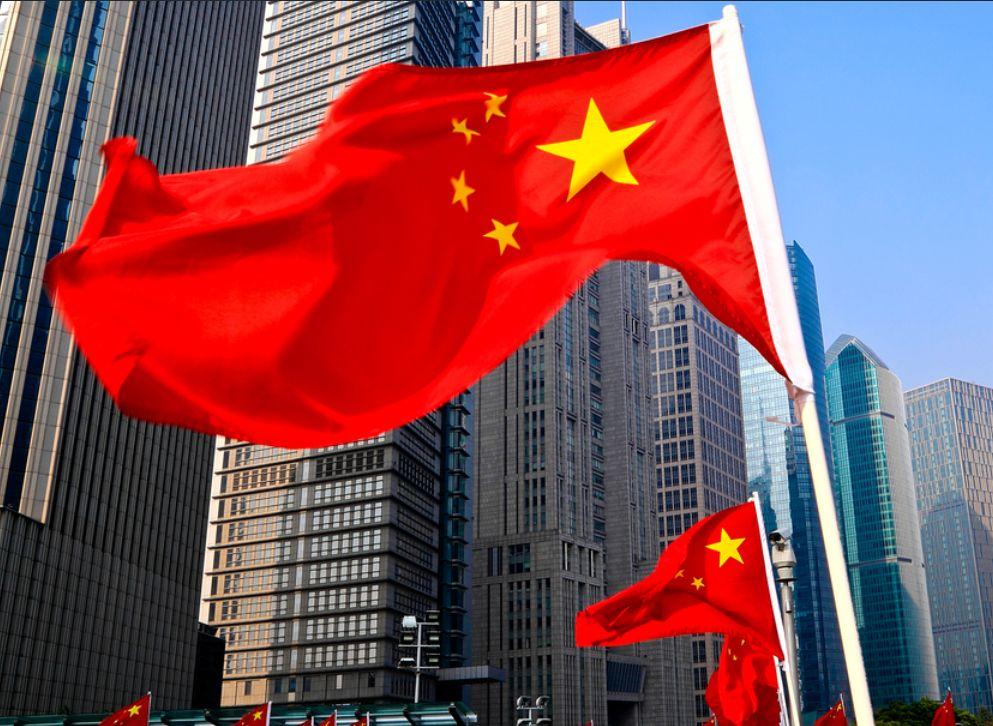EU–China: Summit of distrust Brussels and Beijing at odds
The recent 25th China–European Union summit held last week turned out to be quite problematic. Although, in fact, no other outcome was expected, since it was effectively predetermined by the prior actions of both sides. The very fact that the summit was moved from Brussels to Beijing due to the refusal of the Chinese President Xi Jinping to accept the invitation to visit the EU capital speaks for itself. Likewise, Beijing’s reduction of the meeting duration from two days to just 24 hours is telling.
Shortly before the summit, EU leaders loudly complained about the trade imbalance favouring China by approximately 400 billion dollars, as well as the limited access of European businesses to the Chinese market, which was attributed to subsidies provided by Chinese authorities to local companies. According to Brussels, the result of this situation was the capture of the European market by inexpensive Chinese electric vehicles, effectively pushing European automakers out of it. At the same time, the European Commission (EC) accused China of restricting exports of rare earth metals, which negatively affected support for clean technologies, semiconductor production, and medical equipment manufacturing.
In turn, just a few days before the summit, the Chinese Ministry of Commerce sharply criticised the EU’s adoption of the 18th package of anti-Russian sanctions, considering several of its provisions to be anti-Chinese. Specifically, this referred to the inclusion of two Chinese banks under sanctions, accused by Brussels of conducting cryptocurrency operations aimed at undermining the effectiveness of the anti-Russian sanctions. Furthermore, among the 26 organisations placed on the sanctions list for providing assistance to Russia’s military-industrial complex or circumventing sanctions, seven were based in China, for example, in Hong Kong.
Thus, the opening of the summit was preceded by a rather tense atmosphere between Beijing and Brussels. Fuel was added to the fire by the well-known former President of the European Commission, José Manuel Barroso, who called China’s "dominance" a "wake-up call" for Europe, stating that it was necessary to do their homework and "should not be a kind of geopolitical teenager."
Be that as it may, the President of the European Commission Ursula von der Leyen and the President of the European Council António Costa did arrive in Beijing. Ahead of the summit, the latter emphasised the expectation of "fair and balanced relations, beneficial to both sides," from China.

According to Chinese sources, during the negotiations, Xi Jinping called on China and the EU to bring stability and certainty to the world through the right strategic choices and by strengthening the positioning of China-Europe relations as a partnership—especially since "consensus invariably outweighs disagreements." In this light, he presented Beijing-Brussels relations as an important pole of a multipolar world, which consistently supports the “strategic autonomy of the EU.” Furthermore, deepening strategic communication, as he put it, would allow the formation of a genuine mutual understanding, within which “increasing competitiveness should not depend on erecting walls and barriers,” as that could lead to self-isolation. Therefore, it is very important to jointly implement multilateralism, defend the international order, and contribute to building a more just and rational system of global governance.
According to many experts, the above perfectly illustrates Xi Jinping’s dissatisfaction with the EU’s position, which is clearly visible beneath his seemingly innocuous wording, but in reality is sharply aimed against Brussels’ anti-Chinese stance. The subtlety lies in the fact that the Chinese leader, without naming names directly, effectively called on Brussels to act jointly against certain moves by Washington.
At the same time, the same Chinese sources presented the EU’s position as if reflecting Brussels’ perception of the Chinese viewpoint. In particular, it was emphasised that EU leaders acknowledge that the organisation does not seek to sever ties or decouple supply chains with China, even going as far as to support the investment activities and operations of Chinese enterprises in Europe.

Western media, meanwhile, tend to focus on Ursula von der Leyen’s call to reassess the Beijing-Brussels relationship, primarily due to the “worsening trade imbalance,” which both sides must acknowledge and offer real solutions for. Alongside this, Brussels has urged China to “use its influence on Russia” to help end the military actions in Ukraine.
Thus, the parties presented to the world, essentially, differing views on the underlying issues of the summit negotiations. Analysts believe this nuance confirms the clash of interests between Beijing and Brussels. This was reflected in the text of the final joint statement, which was limited to including “general” points, such as maintaining cooperation to combat climate change and transition to renewable energy sources. In fact, von der Leyen’s post-summit remarks were limited to a brief clarification of the global significance of Europe-China relations, which should shape a common future based on mutual benefits for both sides, including businesses.
In this way, the summit, as was generally predicted, did not resolve the issues in China-EU relations. Observers see this primarily as a success for the United States, especially since Washington and Brussels appeared to have amicably resolved all delays around and within the customs and tariff saga.
Be that as it may, EU leaders continue to balance at the crossroads of the geopolitical interests of the world’s leading centres. This was further confirmed by last week’s 30th EU-Japan summit, following which Tokyo and Brussels announced plans to strengthen trade cooperation and combat economic coercion.
Geopolitical turbulence is in full swing.








